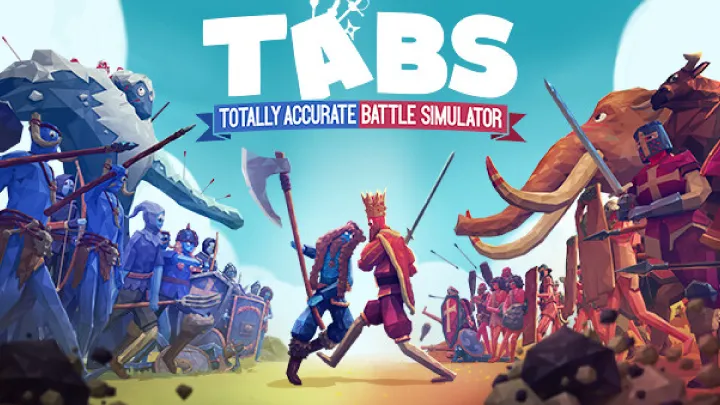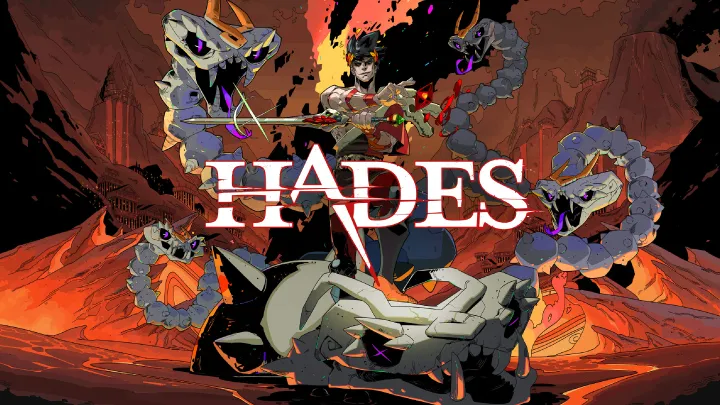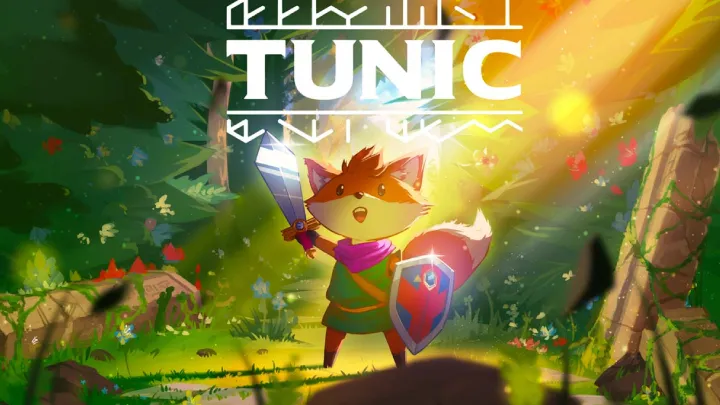Introduction
Wuthering Waves, developed by Kuro Games, is one of the most ambitious open-world RPGs in recent years. With its dynamic combat system, hauntingly beautiful landscapes, and engaging narrative, it has quickly drawn a global fanbase. But while players celebrate its fluidity and artistic depth, there is one specific issue that often dominates community discussions: stamina management. Stamina, in Wuthering Waves, is not just a background mechanic — it shapes every decision in combat, exploration, and resource collection. This article examines the stamina system in detail, how it influences gameplay, and why it stands at the center of both praise and criticism.
Early Encounters with Stamina
When players first begin their journey in Wuthering Waves, stamina feels like a manageable restriction. Sprinting, climbing, dodging, and swimming all consume the meter, but the environment is forgiving enough that limits do not feel punishing. Many new players even consider it an immersive mechanic, reflecting the physicality of the character.
However, as exploration expands into more challenging areas, the stamina bar becomes a more obvious barrier. Long climbs, extended battles, or wide rivers reveal how easily the system interrupts flow. What starts as immersion soon grows into irritation.

Exploration Under Constraint
Exploration is the lifeblood of Wuthering Waves, with its sweeping valleys, ancient ruins, and high mountains begging to be discovered. Yet stamina often interrupts this flow. Running out of stamina mid-climb or mid-swim can cause falls and unexpected deaths, breaking immersion and punishing curiosity.
Players often note that stamina forces them to plan routes carefully rather than explore freely. While some argue this adds strategy, others feel it undermines the promise of a vast, open world where freedom should dominate. The issue is not stamina itself but how unforgiving it feels in moments of discovery.
Combat and Stamina Interruption
In combat, Wuthering Waves thrives on fast-paced action and precise dodging. But stamina again becomes a double-edged sword. Dodges and sprints drain the meter, forcing players into moments of vulnerability when their stamina runs out.
H3: Tactical Limitation
On one hand, this mechanic forces careful timing, rewarding those who manage stamina like a resource. Skilled players turn this limitation into an advantage, weaving stamina use into their battle rhythm.
H3: Breaking the Flow
On the other hand, it can abruptly halt momentum in battle. When stamina depletes, dodges are impossible, often leading to unavoidable damage. Instead of feeling like a tactical decision, it can feel like a punishment for aggressive or exploratory playstyles.
Stamina in Vertical Exploration
Wuthering Waves thrives on verticality. Players are encouraged to climb vast mountains and leap between structures. But stamina drains rapidly during climbs, leading to repeated falls. Unlike games that allow partial holds or creative shortcuts, Wuthering Waves can feel overly restrictive.
H4: Community Strategies
- Using rest ledges to recover stamina mid-climb.
- Crafting and consuming items to extend stamina temporarily.
- Planning long climbs carefully instead of improvising.
While these strategies help, many players feel they transform exploration into calculation rather than wonder.
Swimming and Water Challenges
Swimming is another activity tightly bound to stamina. If the bar empties mid-swim, drowning is unavoidable. This has led to many frustrating moments where players die within sight of land.
Unlike climbing, where there are occasional footholds, water exploration offers no reprieve. This often discourages players from engaging with aquatic environments, reducing the sense of discovery in these zones.
The Psychological Pressure of Stamina
Beyond mechanics, stamina adds psychological weight. Players frequently find themselves staring at the bar instead of the environment. Exploration becomes about monitoring a meter rather than enjoying the scenery.
This constant vigilance creates anxiety rather than excitement. Instead of focusing on combat animations or environmental beauty, players divide attention, calculating how much stamina remains before the next fall or failure.
Comparison to Other Games
Wuthering Waves is often compared to Genshin Impact, which also employs a stamina system. However, Genshin balances this with upgrades and flexibility, giving players tools to expand stamina early in progression. In contrast, Wuthering Waves feels harsher, with fewer options for alleviation in the early and mid-game.
H3: Lessons from Competitors
- Offer permanent stamina upgrades through exploration or achievements.
- Provide more mid-activity recovery options.
- Allow customization for players who prefer freer exploration.
These comparisons highlight how stamina, if left overly restrictive, risks alienating players who crave freedom.
Community Reactions and Divisions
The player community is split on the stamina issue. Some argue it is integral to the survival-like nature of Wuthering Waves, adding realism and rewarding discipline. Others claim it stifles creativity and freedom, especially in an RPG designed around expansive exploration.

Forums and social media frequently host debates, with suggestions ranging from complete removal of stamina to small tweaks in recovery speed or bar length. This division shows the complexity of the issue — stamina is both a defining feature and a controversial one.
Possible Solutions and Future Directions
Developers face the challenge of balancing stamina without erasing its role. Potential solutions include:
H4: Short-Term Fixes
- Increase natural regeneration speed.
- Add items that restore stamina during climbs or swims.
- Make recovery points more frequent in vertical areas.
H4: Long-Term Adjustments
- Introduce permanent stamina upgrades tied to exploration.
- Offer optional difficulty modes where stamina use is lighter.
- Reward mastery by making stamina efficiency a skill-based system rather than a flat limitation.
By addressing these, Wuthering Waves could retain its immersive feel while reducing frustration.
The Role of Stamina in Narrative and Atmosphere
Interestingly, stamina is not only mechanical but symbolic. In a world ravaged by waves and storms, exhaustion and struggle mirror the characters’ journeys. Some fans interpret stamina as a metaphor for resilience and survival.
Still, symbolic meaning cannot justify mechanics that break flow for many players. Developers must strike a balance between artistic intent and player experience.
Conclusion
Wuthering Waves is a breathtaking RPG with ambitious design, but its stamina system remains one of its most contested mechanics. From climbing cliffs to fighting bosses, stamina influences every part of the player’s journey. While it adds realism and tactical depth, it also imposes limitations that frustrate and discourage exploration. The future of Wuthering Waves may well depend on how Kuro Games chooses to refine this system. If stamina becomes more balanced, it could transform frustration into challenge, making exploration thrilling rather than tedious.

















